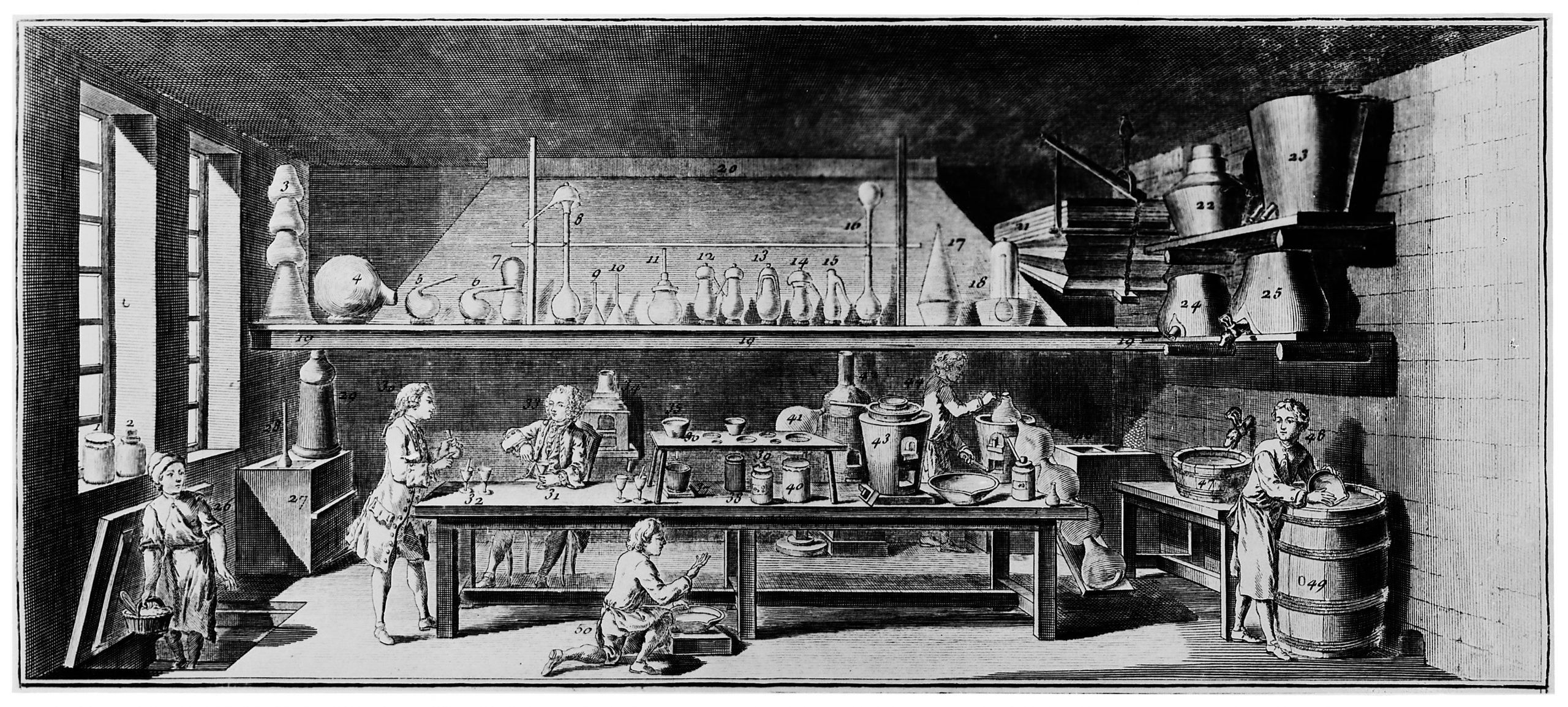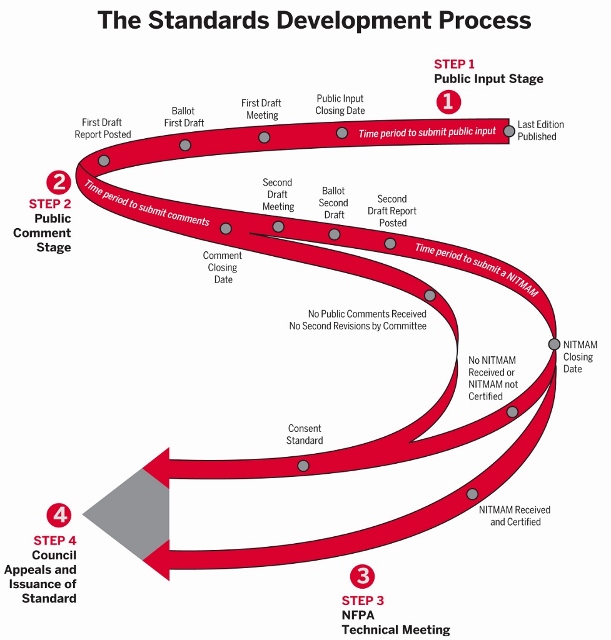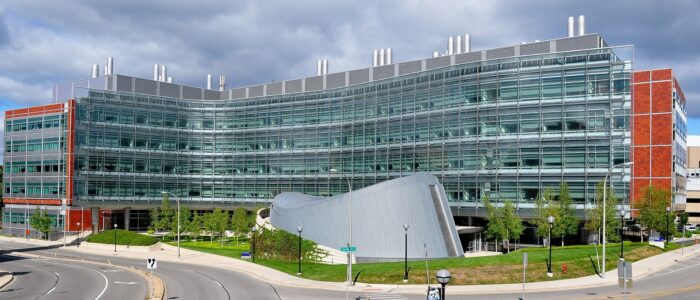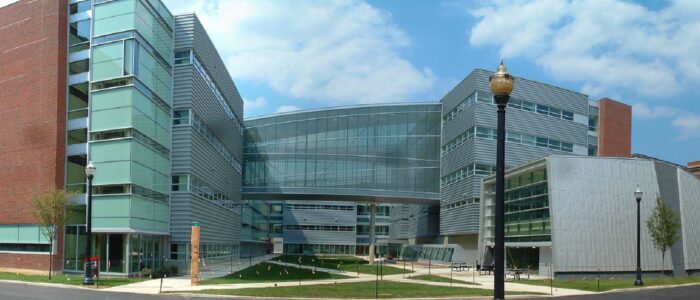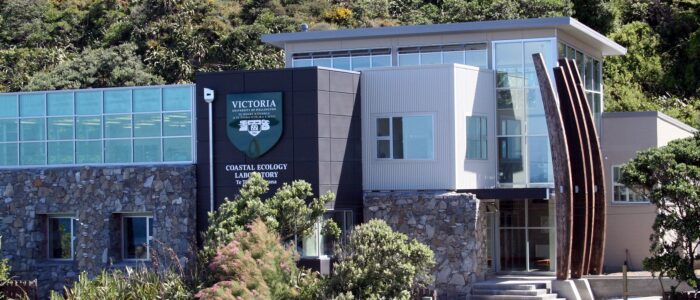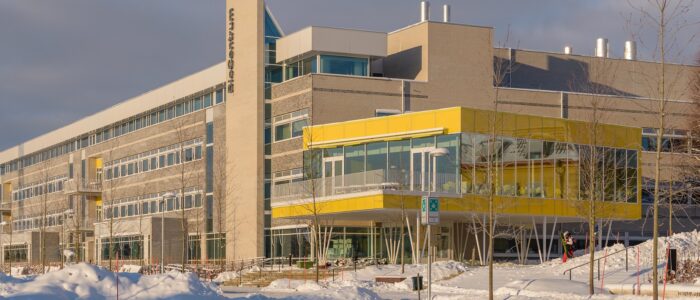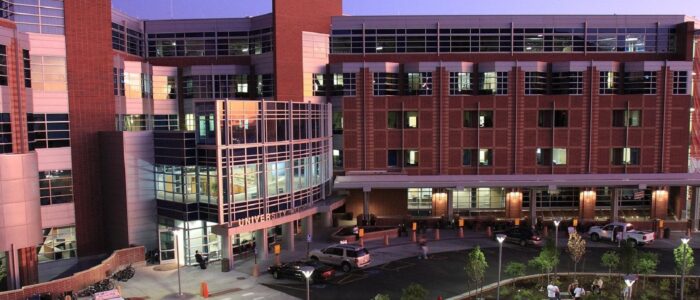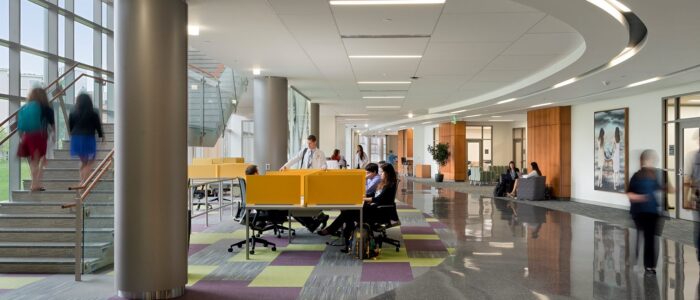Because of the robustness of the environmental safety units in academia we place this title in the middle of our stack of priorities. Laboratory safety units are generally very well financed because of the significance of the revenue stream they produce. We place higher priority on standby power systems to the equipment and, in many cases, the subjects (frequently animals)
We were advocating #TotalCostofOwnership concepts in this document before our work was interrupted by the October 2016 reorganization (See ABOUT). Some of that work was lost so it may be wise to simply start fresh again, ahead of today’s monthly teleconference on laboratory safety codes and standards. The scope of NFPA 45 Standard on Fire Protection for Laboratories Using Chemicals is very large and articulated so we direct you to its home page.
Suffice to say that the conditions under which NFPA 45 may be applied is present in many schools, colleges and universities — both for instructional as well as academic research purposes. Some areas of interest:
- Laboratory Unit Hazard Classification
- Laboratory Unit Design and Construction
- Laboratory Ventilating Systems and Hood Requirements
- Educational and Instructional Laboratory Operations
We find considerable interaction with consensus documents produced by the ICC, ASHRAE and NSF International.
It is noteworthy that there are many user-interest technical committee members on this committee from the State University of New York, the University of Kentucky, West Virginia University, the University of Texas, University of California Berkeley and the University of Texas San Antonio; thereby making it one of only a few ANSI accredited standards with a strong user-interest voice from the education. Most of them are conformance/inspection interest — i.e. less interested in cost reduction — but they are present nonetheless. We pick our battles.
The 2023 revision is in an advanced stage of development and on the agenda of the June 2023 Technical Standards Agenda. It will likely be approved for release to the public later this year.
We always encourage direct participation. You may communicate directly with Sarah Caldwell or Laura Moreno at the National Fire Protection Association, One Batterymarch Park, Quincy, MA 02169-7471 United States. TEL: 1 800 344-3555 (U.S. & Canada); +1 617 770-3000 (International)
This standard is on the standing agenda of our periodic Laboratory standards teleconference. See our CALENDAR for the next online meeting; open to anyone.
Issue: [19-60]
Category: Prometheus, Laboratory, Risk
Colleagues: Richard Robben, Mark Schaufele



